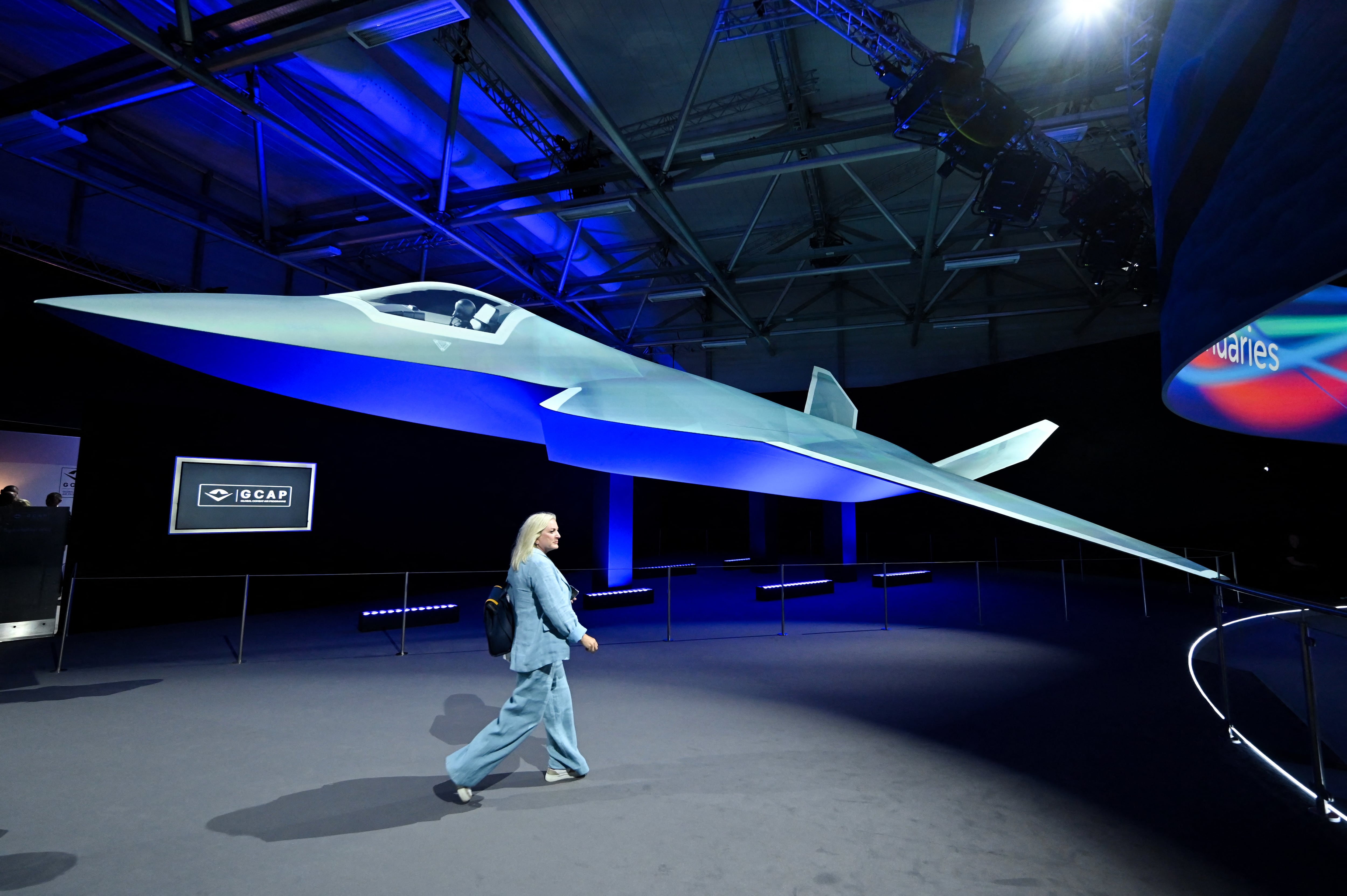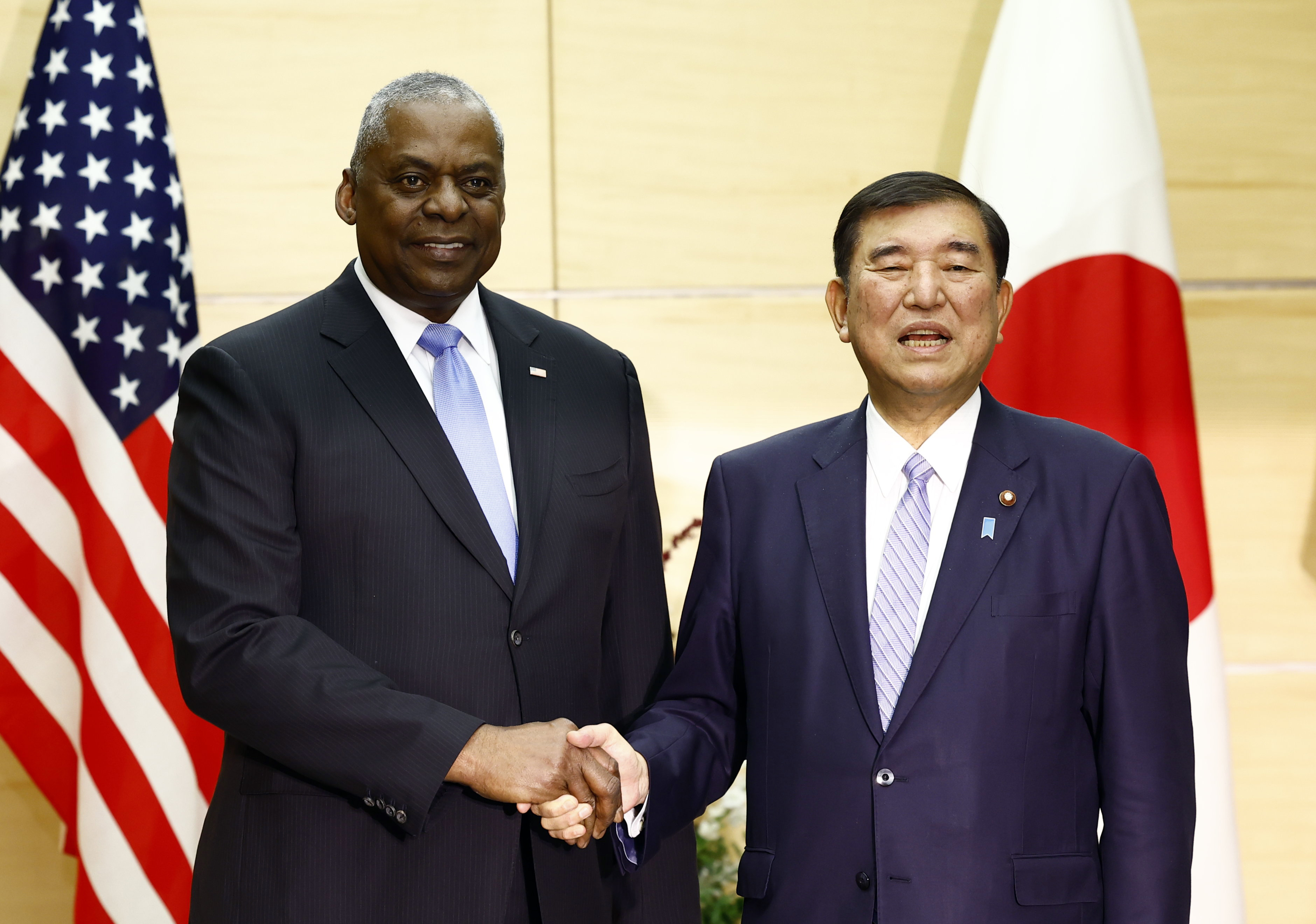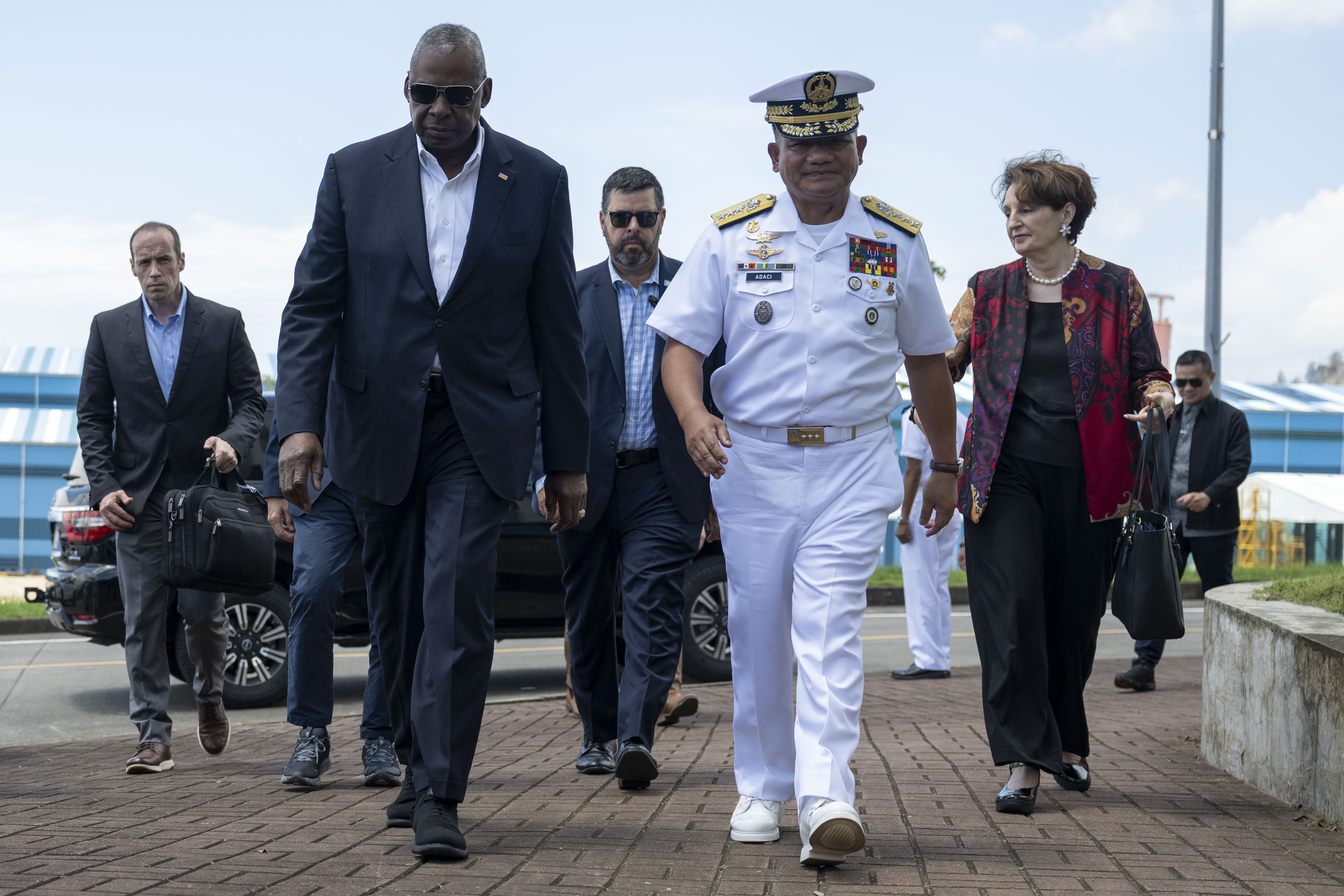[ad_1]
ROME — The British, Japanese and Italian firms partnered on the sixth-generation Global Combat Air Programme fighter announced on Friday the launch of a joint venture dedicated to the program which will be headquartered in London, have an Italian CEO and be up and running by mid-2025.
BAE Systems, Italy’s Leonardo and Japan’s JAIEC will each have a third share of the design and construction of the new fighter, which is expected to operate with drones and be in service by 2035.
JAIEC is a firm jointly funded by Japan’s Mitsubishi Heavy Industries (MHI) and the Society of Japanese Aerospace Companies.
Basing the firm in the UK will ensure “maximum alignment and collaboration” with the UK-based GCAP International Government Organisation (GIGO) which teams the three government customers on the program.
RELATED

“The new joint venture will be accountable for the design, development and delivery of the next generation combat aircraft and will remain the design authority for GCAP for the life of the product, which is expected to go out beyond 2070,” the joint venture’s founders said in a statement.
At a signing in London, Leonardo CEO Roberto Cingolani said, “Peace must be defended and defending peace has a cost, that’s why synergies among governments and companies are fundamental, nobody can make it on its own … and (the GCAP) is a terrific example.”
BAE Systems Chief Executive Charles Woodburn said the deal was “a culmination of many months working together with our industry partners,” while Kimito Nakae, President of JAIEC said, “As we now embark upon the exciting and important journey towards the success of GCAP, I acknowledge that the way might not always be simple and straightforward.”
But he added, “I believe that through continuing the strong spirit of trilateral cooperation and collaboration that we have fostered up to this point, we will not only deliver the GCAP on time but also at a level that exceeds all of our expectations.”
BAE managing director Herman Claesen said the new joint venture would be open to new entrants like Saudi Arabia, which has shown interest in the program.
“The door is open to other partners to join, and that includes Saudi Arabia, but ultimately it is the call of the three governments,” he said.
Tom Kington is the Italy correspondent for Defense News.
[ad_2]
Source link




